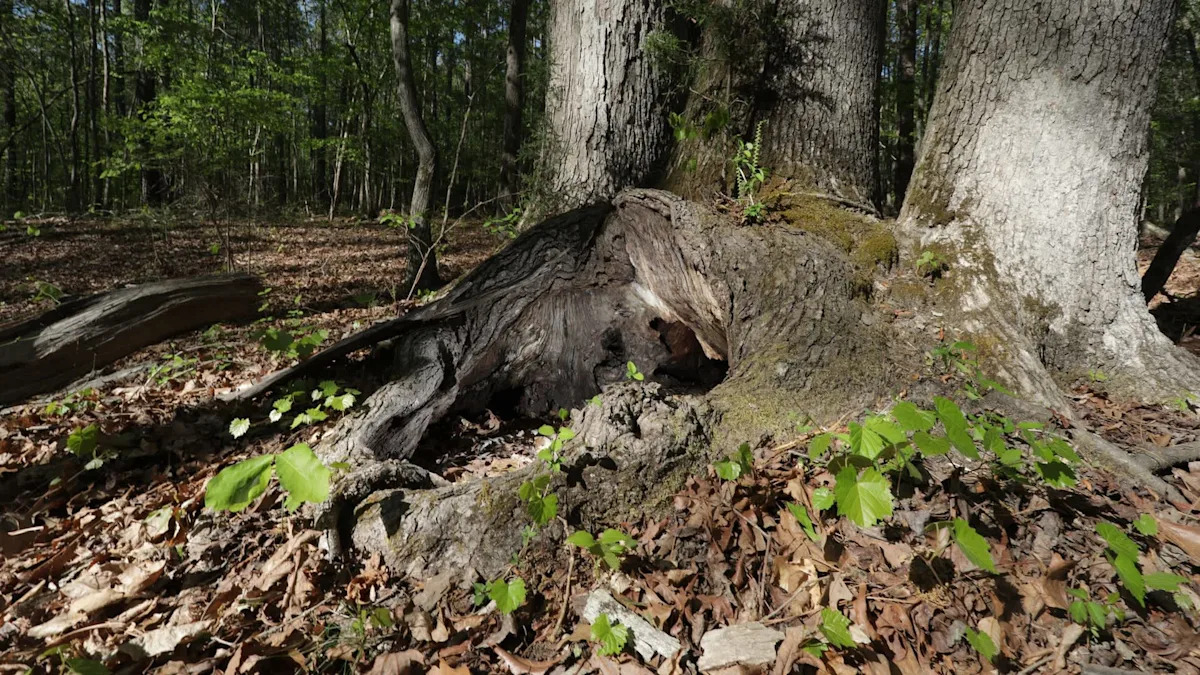The U.S. Fish and Wildlife Service is leading efforts to ensure the repopulation of one of North Carolina’s most endangered species.
As reported by Coastal Review, increased efforts are underway for a red wolf conservation program in North Carolina. The initiative revolves around the release of captive-bred wolves into the Alligator River National Wildlife Refuge, a designated recovery area. Officials hope that the program can not only protect the critically endangered species but also help it thrive and develop a self-sustaining population.
Red wolves are a vital component of ecological balance and the promotion of biodiversity. The species also plays a large role in preventing disease spread in ecosystems throughout North Carolina. As a keystone species, red wolves are capable of regulating populations of prey and invasive species, preventing further habitat loss for countless species in the state.
In a September 2024 management update meeting, Emily Weller, Red Wolf Recovery Program Coordinator for the U.S. Fish and Wildlife Service, explained the uniqueness of the red wolf conservation effort. The conservation program employs strategies that include reintroduction, population monitoring, pup fostering, habitat management, and public education to address ongoing challenges.
“Reintroducing a large carnivore into the wild had never been done before, and the focus of this program in the beginning was almost entirely biological,” Weller said. “But the social aspects, the community engagement, and human dimension, those were the cracks in our program’s foundation.”
According to data provided by the FWS, there are currently 280 red wolves in captivity. Following brief acclimation periods, a handful of captive red wolves are released to join the 30 or so wild red wolves already roaming North Carolina. Half of those wolves reside in the Alligator River refuge, making the region an invaluable resource for conservation efforts.
“Red wolf recovery is about far more than just saving the species,” Weller said in a recent program update. “It’s about restoring ecosystems or landscapes to their natural balanced state and creating healthier environments that benefit plants and wildlife, including game species, and people.”
Join our free newsletter for good news and useful tips, and don’t miss this cool list of easy ways to help yourself while helping the planet.

